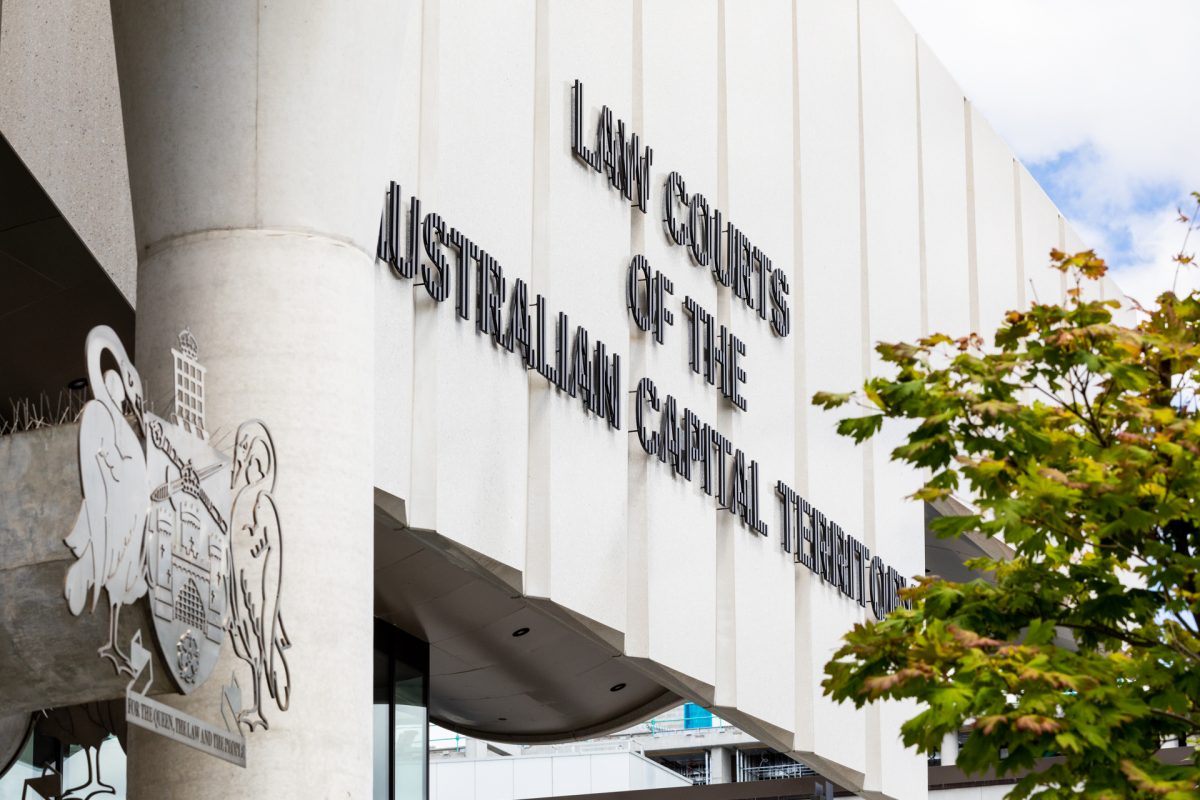
When people die without a will, the courts get involved, and it may cost you big – in more ways than one. Photo: Michelle Kroll.
It’s estimated that more than half of Australian adults run the risk of dying without a will – an oversight that could cost their loved ones significant amounts of money, time and energy at an already fraught period.
Wills have a bad rap, evoking a reality most of us prefer not to dwell on. Matthew Fuller of BDN Lawyers says this is perhaps the main reason many people place it on the back burner, but points out that a will is not the Grim Reaper.
“Death isn’t most people’s favourite thing to contemplate, and it’s understandably hard to separate a will from death,” he says. “But your will is the protector of your intentions when you’re no longer here to speak for yourself.”
There are other reasons why people might die “intestate” (without a will). Some may simply not have made the time, and this deprioritisation may stem from the belief that the division of assets is straightforward. In many cases, it can be – but in far too many, it’s not.
“If you die without a will, your assets are, in a nutshell, divided according to a strict legislative formula known as ‘intestacy’,” Matthew explains.
“You might think it’s a no-brainer that your estate is left to your current spouse or kids, but there are lots of reasons why dying intestate may lead to your assets not being divided in accordance with your wishes.
“You could give a benefit to someone you never intended, or a share of that benefit could have been different. One common example is blended families, and the division of assets between children from a previous marriage and a current partner.”
The division of an estate can be a long-winded process at the best of times. Even if you have a will, your beneficiaries still need to apply to the court for probate (the official proving of the will).
Where there is no will, applicants must first apply to the court for letters of administration – a far more complicated, time-consuming and costly process that asks the court to determine the most appropriate person to administer a deceased person’s will in accordance with legislation.
“This complex process is the biggest stress factor in intestate estate matters – loved ones don’t usually even know where to start,” Matthew says. “The cost and stress can cause conflict among loved ones.”
Importantly, a person can be determined as intestate even if there is a will, if that will is deemed invalid (for example, if it is determined the deceased did not have the capacity at the time) or if the will is lost.
A will can also be revoked if a person marries after making their will and fails to update the document, unless it contains a “marriage contemplation clause”.
When an intestate case is brought before the court, it will first order a thorough investigation of all the factors before issuing a letter of administration that empowers a person to administer the estate. While responsibility usually falls with the remaining spouse, many considerations could leave the decision-making in someone else’s hands.
“These days, families are made up of all kinds of different dynamics and structures, so this is always taken on a case by case basis,” Matthew says.
“You shouldn’t assume that what seems obvious to you will align with the legislation.”
For some people, the cost of a will can be the most off-putting factor. In reality, the financial outlay to prepare a will is nothing compared to the administrative costs of securing a letter of administration from the court. If there are complications and disputes, the financial difference can run into the tens or even hundreds of thousands of dollars – and the money more often than not comes out of the estate.
“That’s money that no doubt the deceased intended for their loved ones, not to be eaten up in administrative and legal fees,” Matthew says.
“Done properly, a will takes care of all of that. It’s like a roadmap that guides the court and your loved ones as to what to do next, exactly as you intend.”
For more information, contact BDN Lawyers.
Original Article published by Dione David on Riotact.










